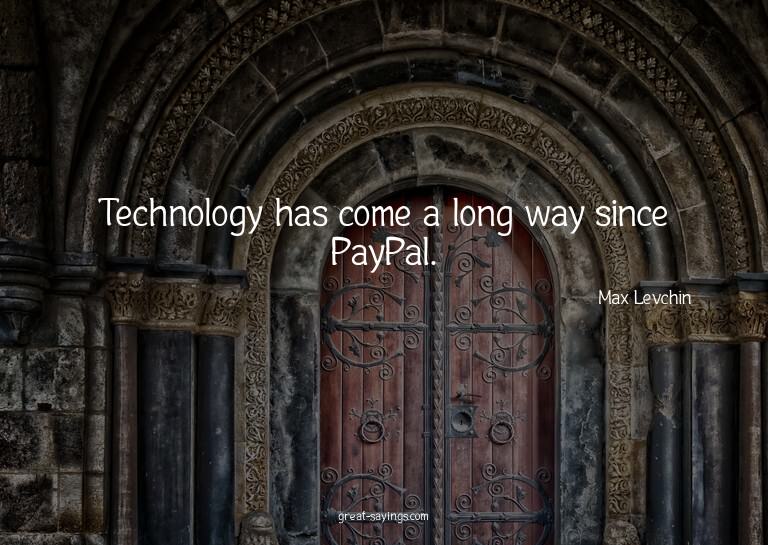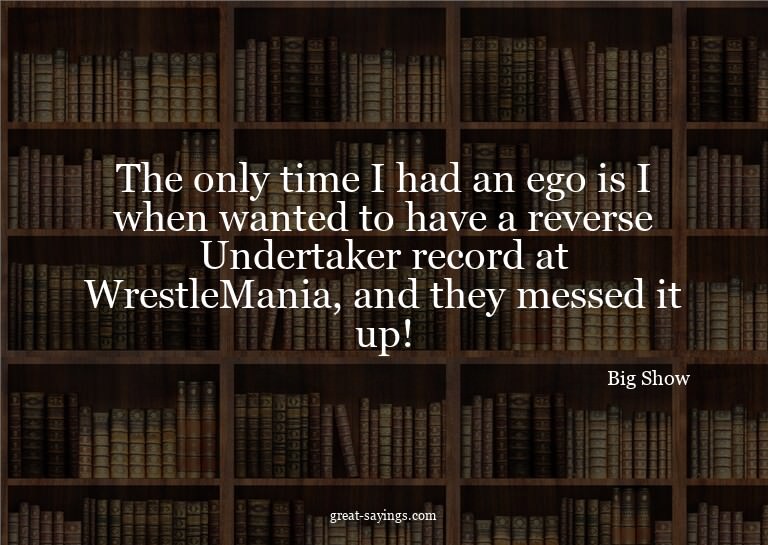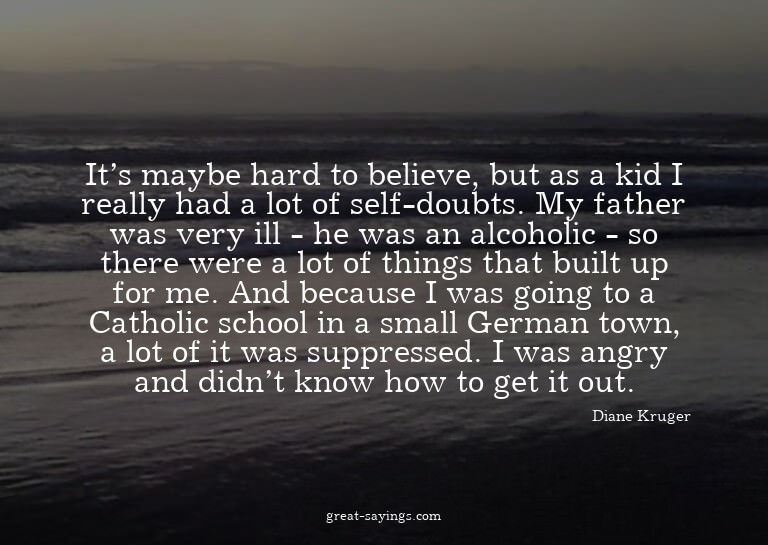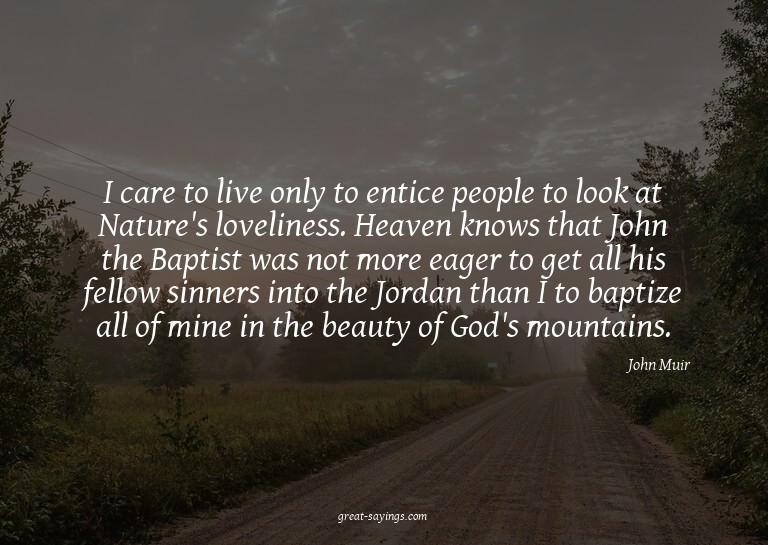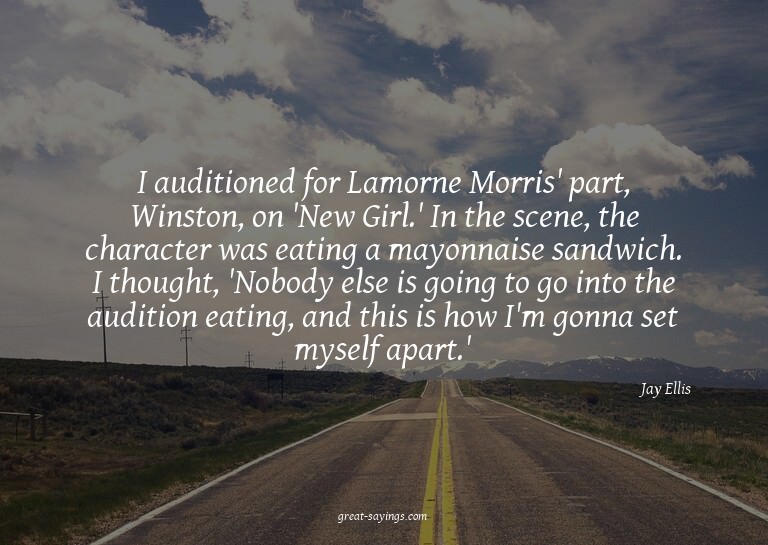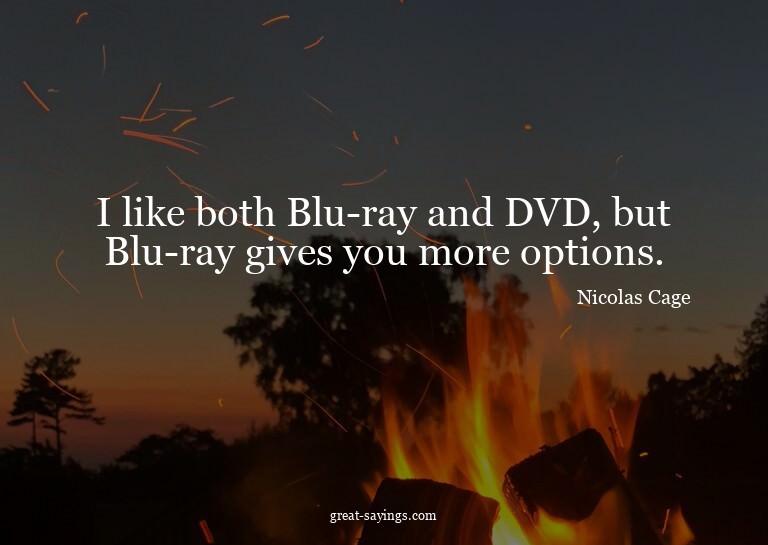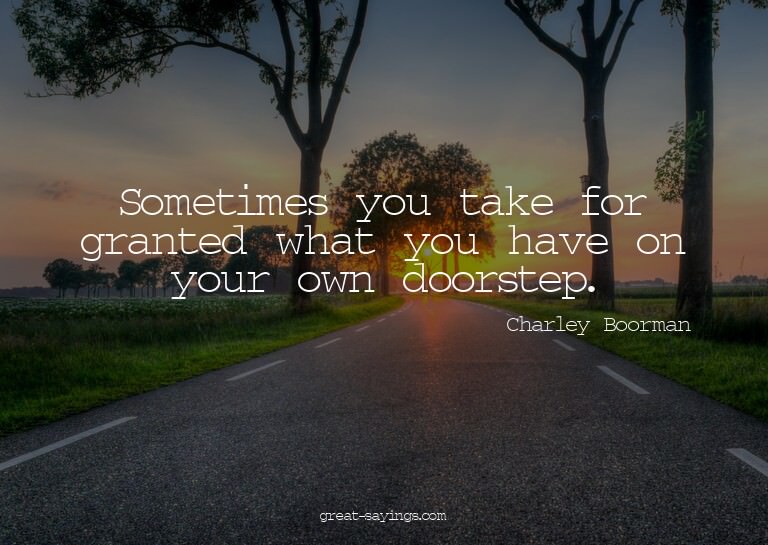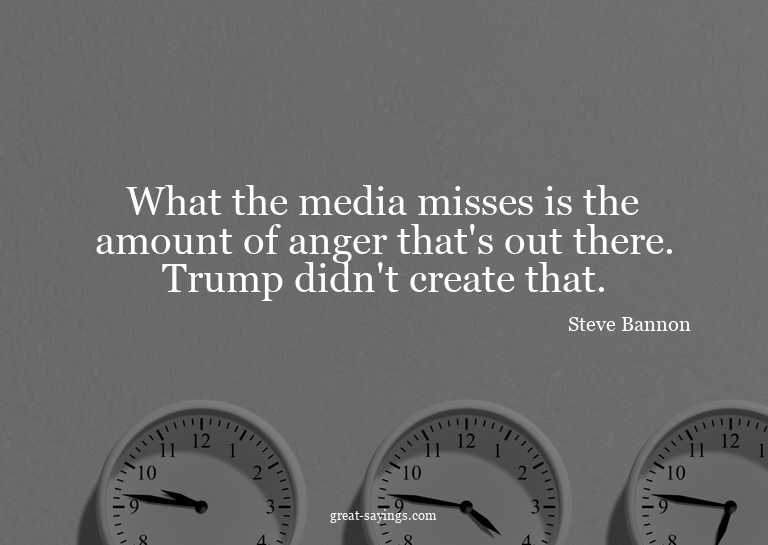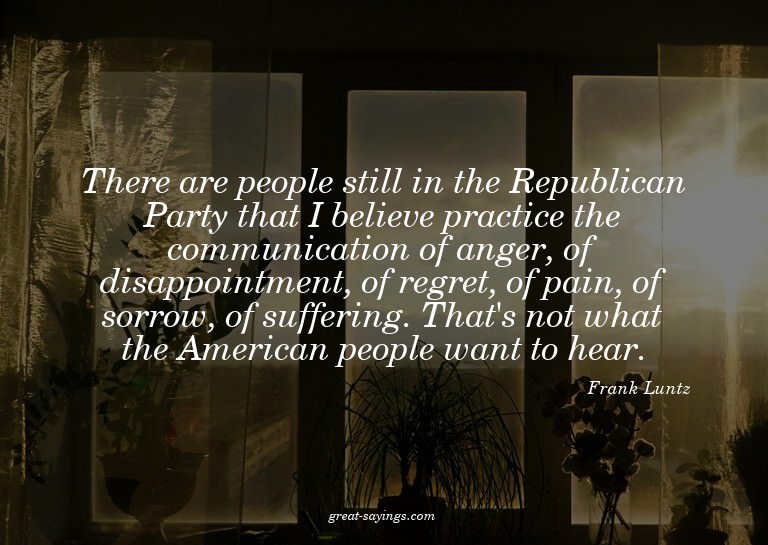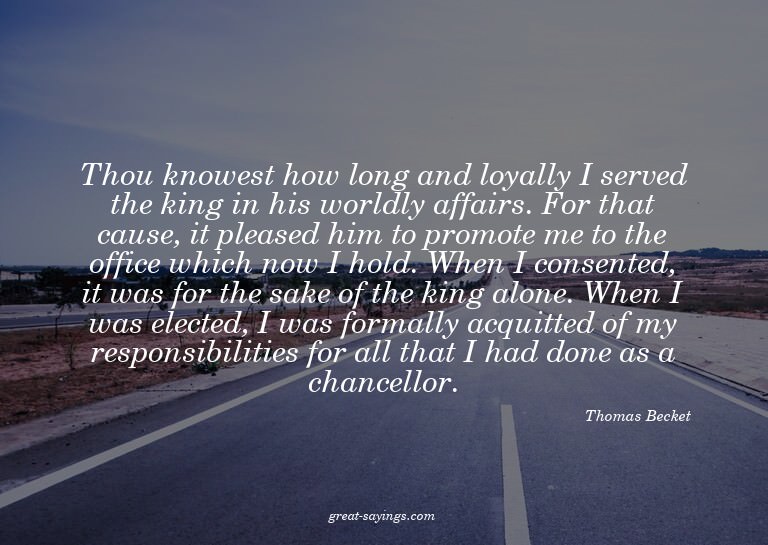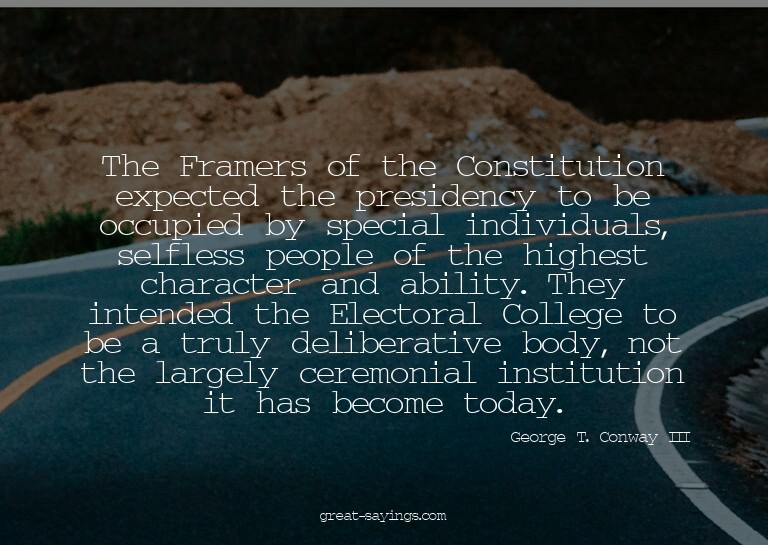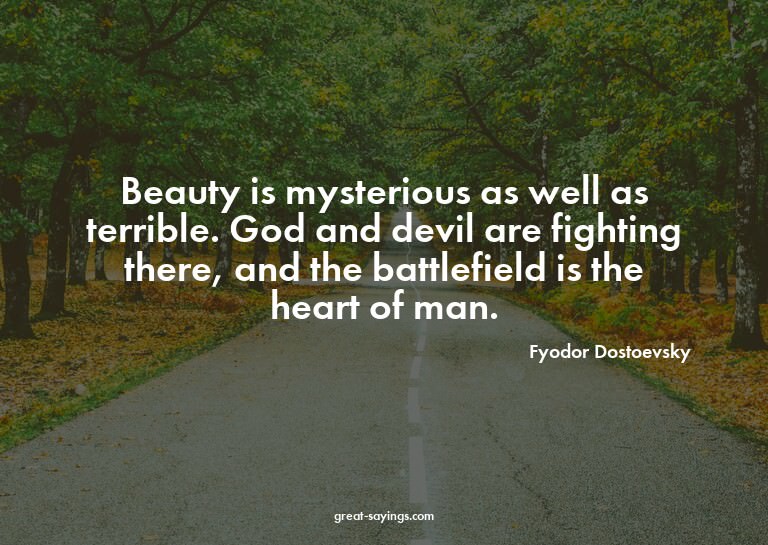Words matter. These are the best Jamaica Quotes from famous people such as Stephan James, Whit Stillman, Marlon James, Lenny Henry, Lady Colin Campbell, and they’re great for sharing with your friends.
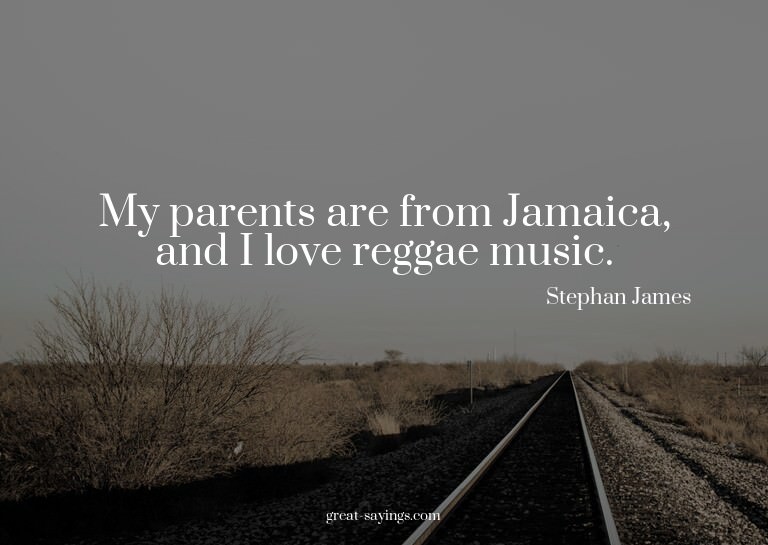
My parents are from Jamaica, and I love reggae music.
My biggest false steps have actually been when I tried to do very different projects. I found I was getting people saying, ‘Why does Whit Stillman think he can do a film about blacks in early ’60s Jamaica? Or the Chinese and the cultural revolution?’ Those were the two biggest failures I had getting off the ground.
I wanted a picture of Jamaica that isn’t in books, and certainly not in novels.
My family is from Jamaica, it’s why I don’t do ‘Who Do You Think You Are’ because within two or three generations is slavery, and I’d be there two minutes in crying, they’re all slaves! So I don’t want to do ‘Who Do You Think You Are.’ It’s in my family.
I grew up in a wealthy upper-class household in Jamaica, which was run along militaristic lines by my mother, Gloria.
Obviously, I rep Jamaica. I’m a first generation born Jamaican-American. My parents are born and raised in Jamaica, my grandparents are born and raised in Jamaica, my other family still lives in Jamaica, and I still go back there.
In England, rain was thin and cold, and made you hunch up inside your coat, walking home from the bus stop. In Jamaica, it was wide and thick and invited you to step into it, and see how wet you could get, and be thrilled that it was warmer than the sea and warmer than your skin; it was abandon.
I grew up in South Jamaica, Queens, in New York. My parents were very religious churchgoing people. They were very strict. I was never really allowed to indulge in anything vain. Modesty always. I have three brothers and two sisters, so everything was on a budget.
We need our children in Jamaica – especially those suffering with dyslexia, autism, cerebral palsy – to get more attention.
Out of all the places in the world, Jamaica is my favorite place.
I come from a very big family from every economic background. Some of the streets I talk about, I’ve actually walked on because I have family from there. Jamaica has so many contradictions.
The Anansi stories were in my life because they’re not just ‘Br’er Rabbit and the Tar-Baby in the Briar Patch,’ they’re stories from Jamaica and Africa that my mum used to tell us when we were kids. So I learned about Anansi being not just a spider, but also a weird god-like figure since I was little.
Doing business in Jamaica is not easy, but it is rewarding.
Jamaica full of ghetto, but boy, I tell you: me never see it like that.
Growing up in Jamaica, the Pentecostal church wasn’t that fiery thing you might think. It was very British, very proper. Hymns. No dancing. Very quiet. Very fundamental.
My mother, Jeanne, was a TV and radio presenter in Jamaica. Bob Marley used to appear on her shows all the time and so she knew him quite well.
I’m a huge reggae fan. I want to go to Jamaica and make, like, Bob Marley ‘One Love’ positive songs. That’s what the world needs.
A family holiday to Jamaica in 2004 – my uncle was getting married out there, and it was the first holiday I’d had in Jamaica, which is where my father is from. My friends and I stayed in a really plush hotel, The Ritz-Carlton, so we had a great experience.
Jamaica actually had a pretty big influence on my life.
As athletes, we sit and think, when international media or whoever make judgments or statements about Jamaica, ‘Why aren’t members of our federation coming out and speaking up for us?’
Port Royal, Jamaica, was built for pirates. The town had a well-protected harbor, corrupt politicians and townsfolk, and a set of ethics that seemed passed down from Sodom and Gomorrah.
‘Bloodlight and Bami’ is all verite. The director Sophie Fiennes began filming Ms. Jones in the mid-2000s and simply observes her on stage and off. She follows her home to Jamaica, where the diva mellows, almost unconsciously, into a daughter, sister, and parishioner.
Being born in Jamaica, race was never an issue. It was always about the type of person I wanted to be, not the colour of my skin.
At Harvard, I got to meet and have dinner with Jamaica Kincaid. Just to have conversations with professors was absolutely amazing.
Getting to do what I think was my fifth BBC drama with Nikki Amuka-Bird – we’ve done ‘Shoot The Messenger,’ ‘Five Days,’ ‘The No. 1 Ladies’ Detective Agency,’ ‘Born Equal’ and now ‘Small Island’ – was another highlight for me. And filming in Jamaica was great, too.
I go back five generations in Jamaica. My dad grew up in Port Royal, and my mom grew up in Kingston. My family is from the country like West Moreland and also in Manchester. I’ve been there countless times. As far as cuisine, there’s not really much that comes out of Jamaica that’s on a plate that I don’t like.
We are doing very well for our country internationally, but when we are in Jamaica, our athletes are not being looked after. We are selling our country and marketing our country to the world and not being paid for it.
To say ‘A High Wind in Jamaica’ is a novel about children who are abducted by pirates is to make it seem like a children’s book. But that’s completely wrong; its theme is actually how heartless children are.
I was born in Jamaica but was educated by, and now serve, prestigious First World institutions, so I believe that I have a unique, dual perspective. To sidestep any biases I might have, I use the objective lens of the stock market to discover which policies actually delivered prosperity to emerging markets.
I want to deal with somebody who comes from another country to the United States and has a family that comes. I don’t care if it’s a black family from Jamaica or a Hispanic family from Mexico. These issues need to be dealt with, but they need to be dealt with in the entertaining way.
In Jamaica, we eradicated polio many years ago, but there are a lot of kids suffering in Africa still.
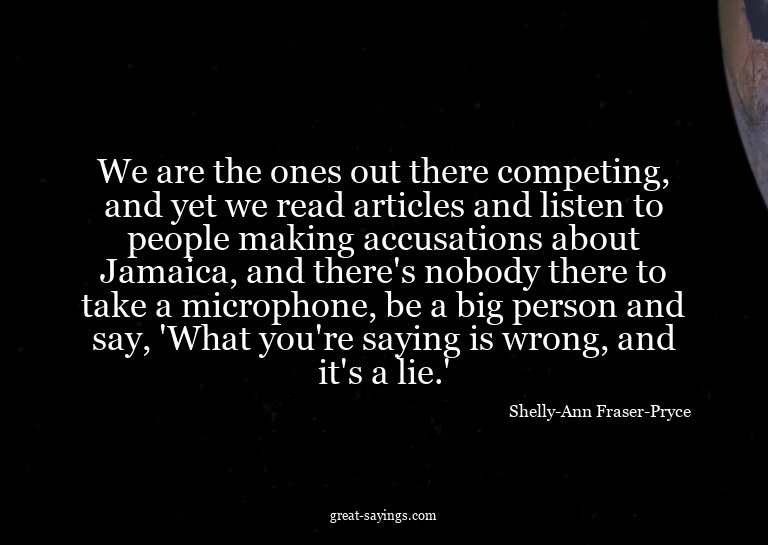
We are the ones out there competing, and yet we read articles and listen to people making accusations about Jamaica, and there’s nobody there to take a microphone, be a big person and say, ‘What you’re saying is wrong, and it’s a lie.’
I was brought up in Jamaica when people had to occupy themselves and entertain each other.
The Caribbean is such a rich place, and Jamaica, personally, is one of my favorite places in the world. I’ve been lucky to, on various projects, to have spent a lot of time down there.
My earliest memory of dancing is that I won a dance contest in Jamaica when I was 6.
Dancehall culture in Europe is very close to Jamaica. Europe and Japan have a very close link to Jamaican dancehall culture, where it’s all about sound-systems and horns and girls dancing all crazy – that happens a lot in those places.
Bob’s whole life is about Africa. It is not about Jamaica.
I wouldn’t have become an engineer, I wouldn’t have done what I did, had a hand not been held out to me. I have to remember who helped me when I needed help. The people of Jamaica helped me. I can’t forget that. I would be ungrateful if I forgot.
I’ve been in Africa, America, moving around a lot. It’s helped me to open up my mind. I was born in Jamaica; I’ve lived all my life there and got all I could from Jamaica. But I needed to be somewhere else to grow.
I slept in the bedroom used by Sabine Baring-Gould’s wife when I was researching ‘The Moor,’ and later the Jamaica Inn on Bodmin Moor.
My mum came to Britain from Clarendon, in the south of Jamaica, to make a better life for her family.
My mom was born in Jamaica and has always been around a community of black people, so she encouraged me to get out and act. My dad, on the other hand, is from suburban Massachusetts, so he had not been around a lot of black people.
I’ve opened up more by traveling outside Jamaica. It helps me to grow as a person to be outside of my element; to be on my own in a strange place meeting people.
I want to tell Jamaica, Happy 50th Anniversary.
I didn’t realize I could sing until I served someone tea at a cafe my parents owned in north west London, where we had settled as a family, after moving from Jamaica when I was 11. I was harmonizing to a track on the jukebox and a man asked me how I managed to do it so well. He recommended me to a talent agent.
I just love the idea of ordinary people doing extraordinary things, whether it’s the success of ‘Cool Runnings,’ which is the success of four guys from Jamaica who had never seen snow, or whether it’s my success, just as a human being.
Jamaica’s a country of great dichotomy. On the one hand you have a tourist industry with great beaches and resorts, but on the other you have such great poverty and the violence that goes along with that.
In France, I am just Madame Campbell. In Jamaica, nobody uses my title.
Ireland kind of reminds me of Jamaicans – there are a lot of Irish people in Jamaica. It’s the blend of their easy-going nature, cool mentality, and warmth.
Even if I wasn’t in music, even if my father was a carpenter, some guy in Jamaica would go ‘You’re just like Bob. You’re just like your father.’ That happens in Jamaica all the time.
I never did feel any pressure in Jamaica. You just someone, not nobody big.
I have never been to Jamaica and in footballing terms, I feel English because this is where I grew up and played all of my football. That is not to say I don’t have immense pride in my Jamaican heritage – I certainly do.
Pages: 1 2

